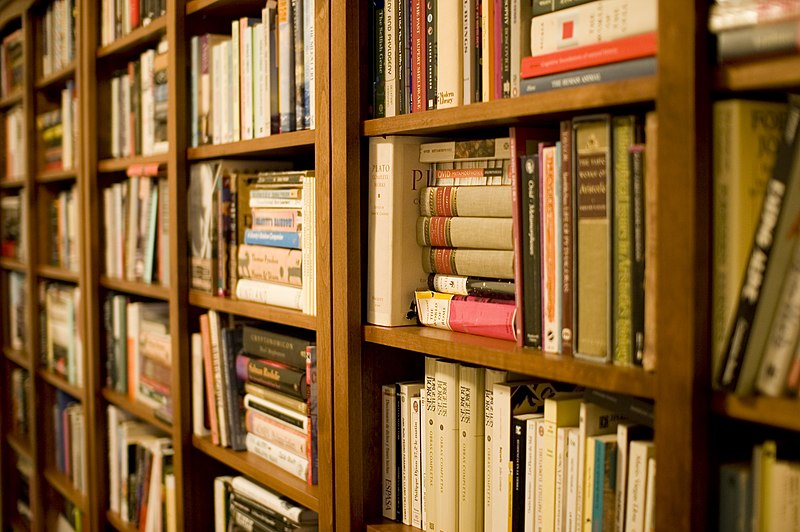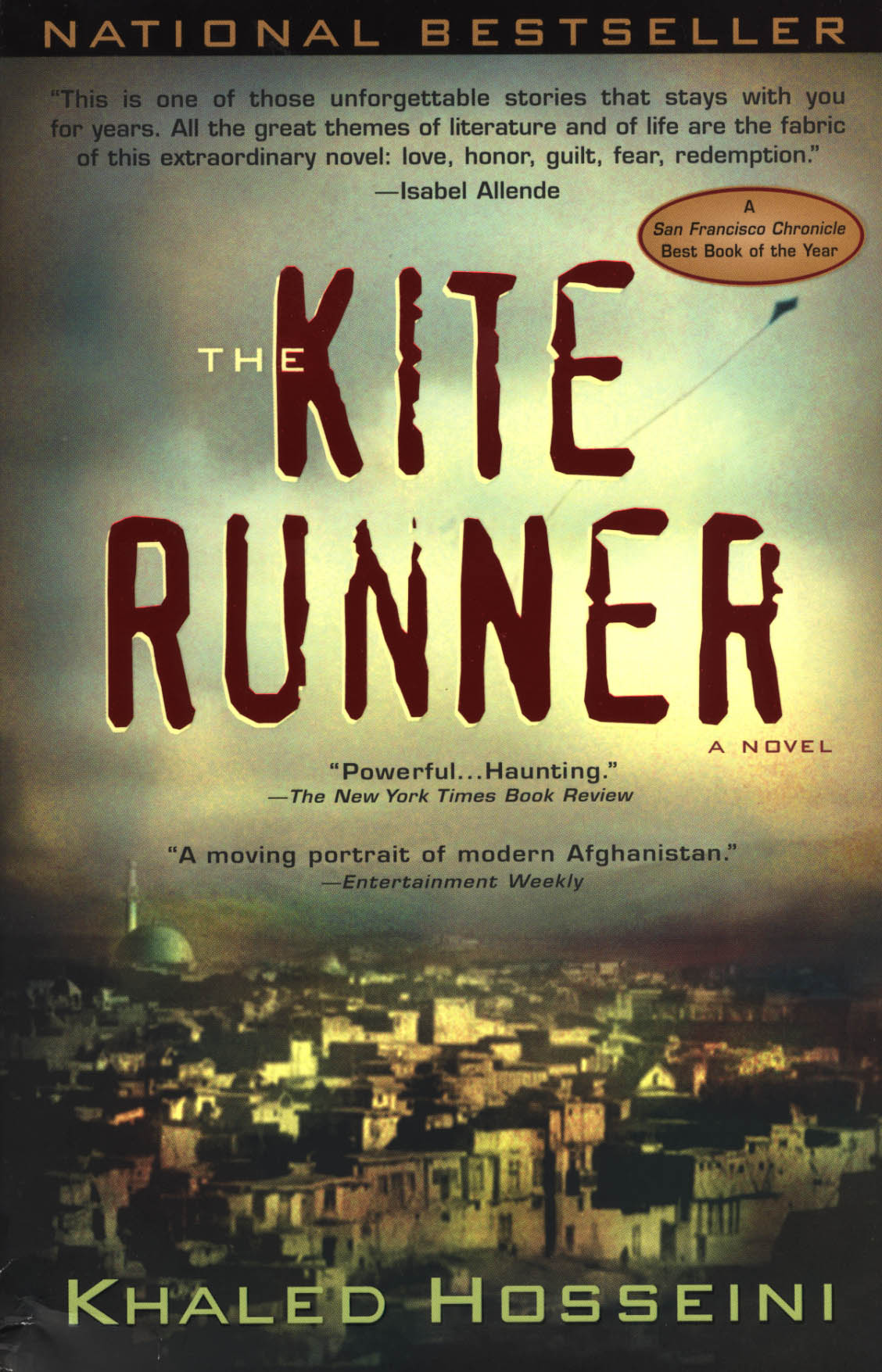
Why is it that we store books in such a public fashion? Of course, we don't line up a row of shelves on our front lawn to show off that copy of The Riverside Shakespeare, but our bookshelves do seem to convey something to anyone who enters our home. Plenty of bibliophiles I know tend to showcase the books they're "proudest" of in the living room, and the others with less prestige (though still enjoyed) are housed on a separate, more private shelf.
I do the same thing at my house. I'll display even my most treasured genre books above those that I'm not necessarily as proud to own. Why is that? What is it about a book collection that lends itself to such public display? Why not store them?
It's an intriguing question to ask, and an article on the BBC site delves headlong into the phenomenon:
And yet, more than 500 years after the invention of the printing press, the importance and value of keeping books is showing no sign of waning. The internet was supposed to spell the end of the printed word - instead one of its earliest success stories was an online book shop, Amazon.
It's hard to escape the theory that there is an exhibitionist side to our bookcase obsession - it's about showing off how much you have read, or plan to read, or pretend to have read. You are subtly suggesting that you are the sort of person who keeps Finnegans Wake handy, for example, just in case you ever fancy dipping in for a quick, albeit incomprehensible, catch-up.
I am somewhat of a book exhibitionist, with not one, but six, fully stocked bookshelves in my living room alone. I would rather have them out in plain sight than in a box somewhere collecting dust. Part of it is that I see little value in storing what I do not use on a consistent basis, but also because I am, indeed, proud of my little collection of bound adventures. Somehow, I feel as though they are, like pictures from a vacation, proof of my enduring adventures, evidence of where I have been and who I am because of the books I have read. It may be a little off, but what isn't?
Billy Bookcases on IKEA.com
[IMG Source=Stewart Butterfield]









